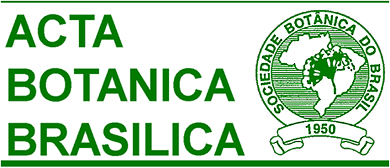"Quilombola" communities are distributed all over Brazil. They are composed of the descendents of African slaves. In the Ribeira River Valley, one of the poorest regions in São Paulo state, they practice subsistence agriculture and extract plant resources from the environment, especially the juçara palm (Euterpe edulis Martius), a species that contributes to "quilombola" income. The juçara palm has special ecological and economic importance for "quilombolas". The main aim of this study was to investigate ethnobotanical and ethnoecological aspects of the juçara palm in "quilombola" communities of the Ribeira River Valley, São Paulo. The investigation conducted 25 semi-structured interviews with key-informants for seven "quilombola" communities and a workshop to identify palm-fruit animal consumers. Flower visitors were also collected and identified. The "quilombolas" interviewed showed detailed local ecological knowledge of the juçara palm, mainly animal biodiversity in relation to the species. Ethnoecology and ethnobotany were efficient tools for the participative survey of juçara palm local knowledge. Local ecological knowledge of E. edulis can be considered for Atlantic forest management and conservation.
Local ecological knowledge; palm heart; Atlantic forest; "quilombola" communities; biodiversity

 Ethnoecology and ethnobotany of the juçara palm (Euterpe edulis Martius) in "quilombola" communities of the Ribeira River Valley, São Paulo
Ethnoecology and ethnobotany of the juçara palm (Euterpe edulis Martius) in "quilombola" communities of the Ribeira River Valley, São Paulo







